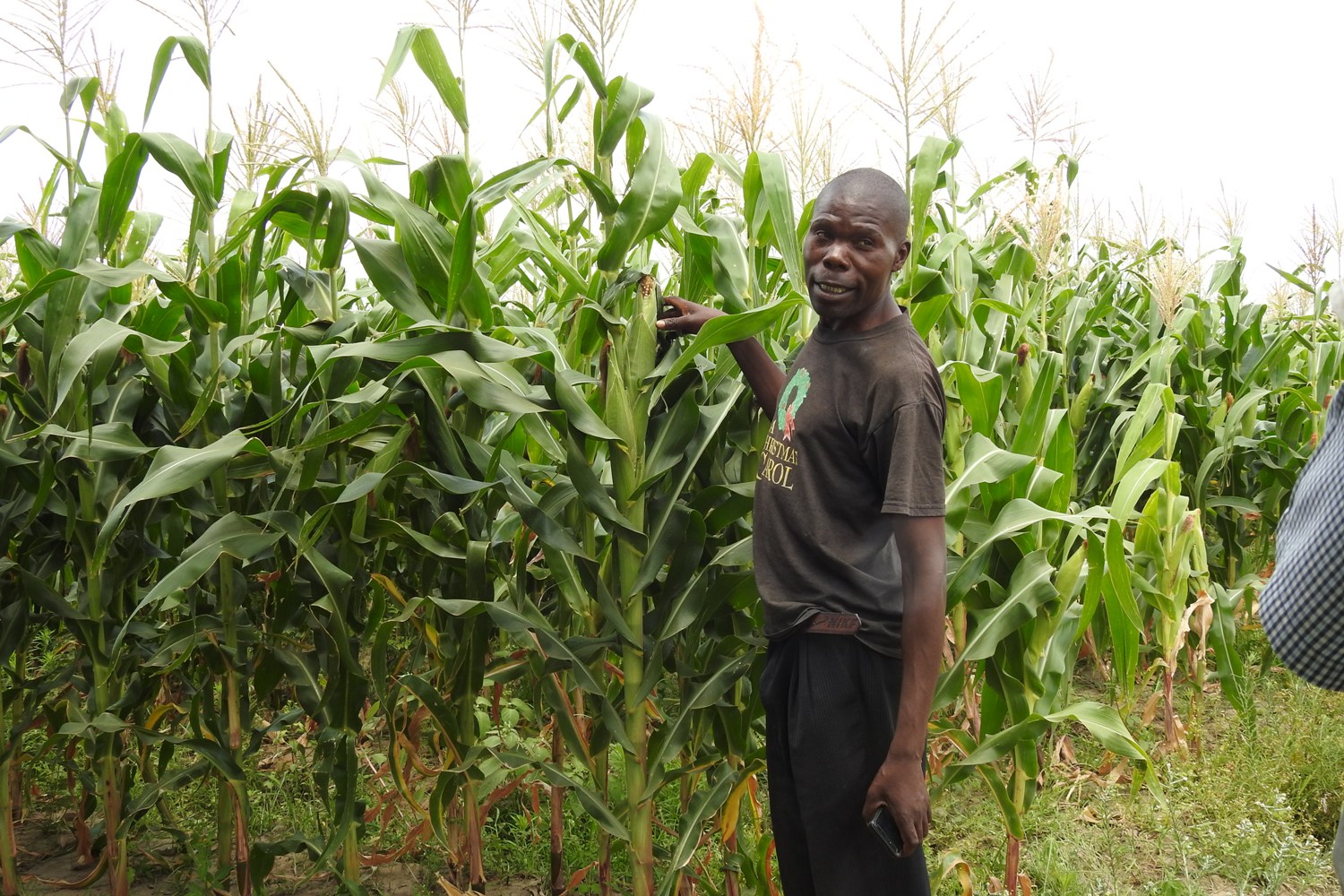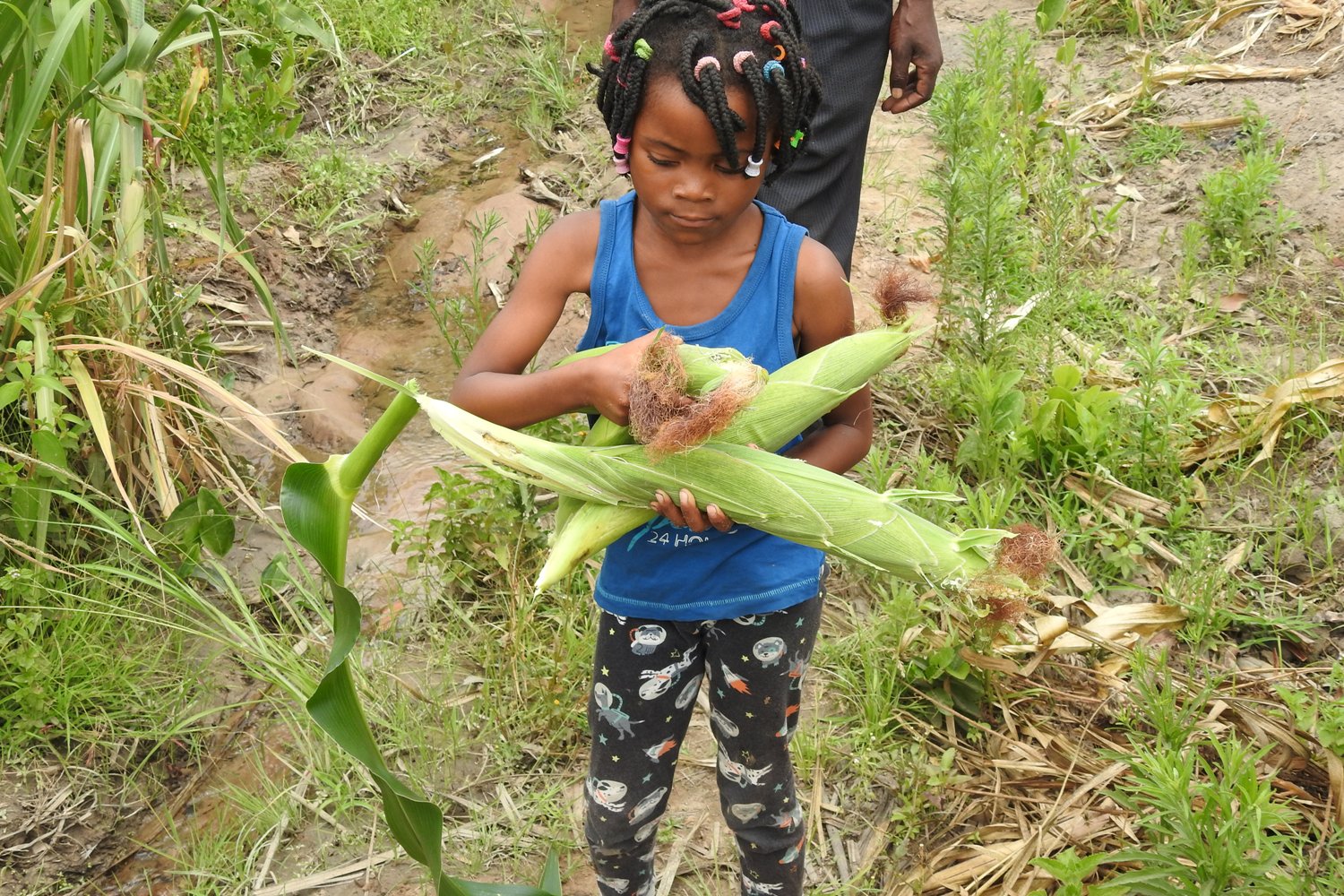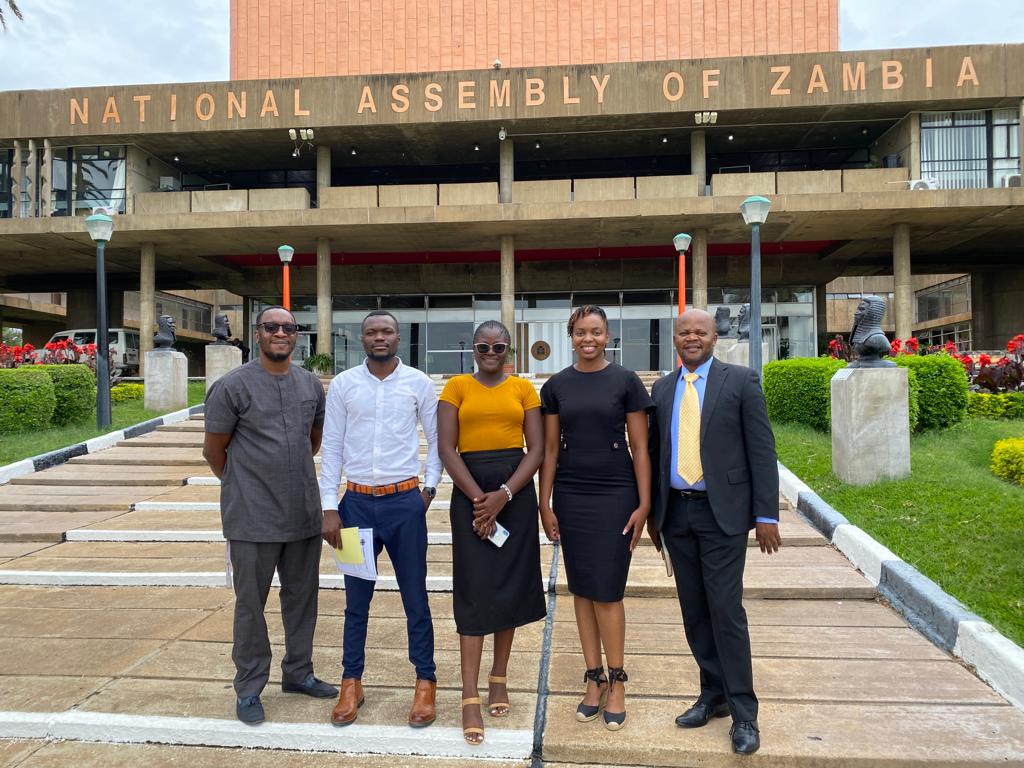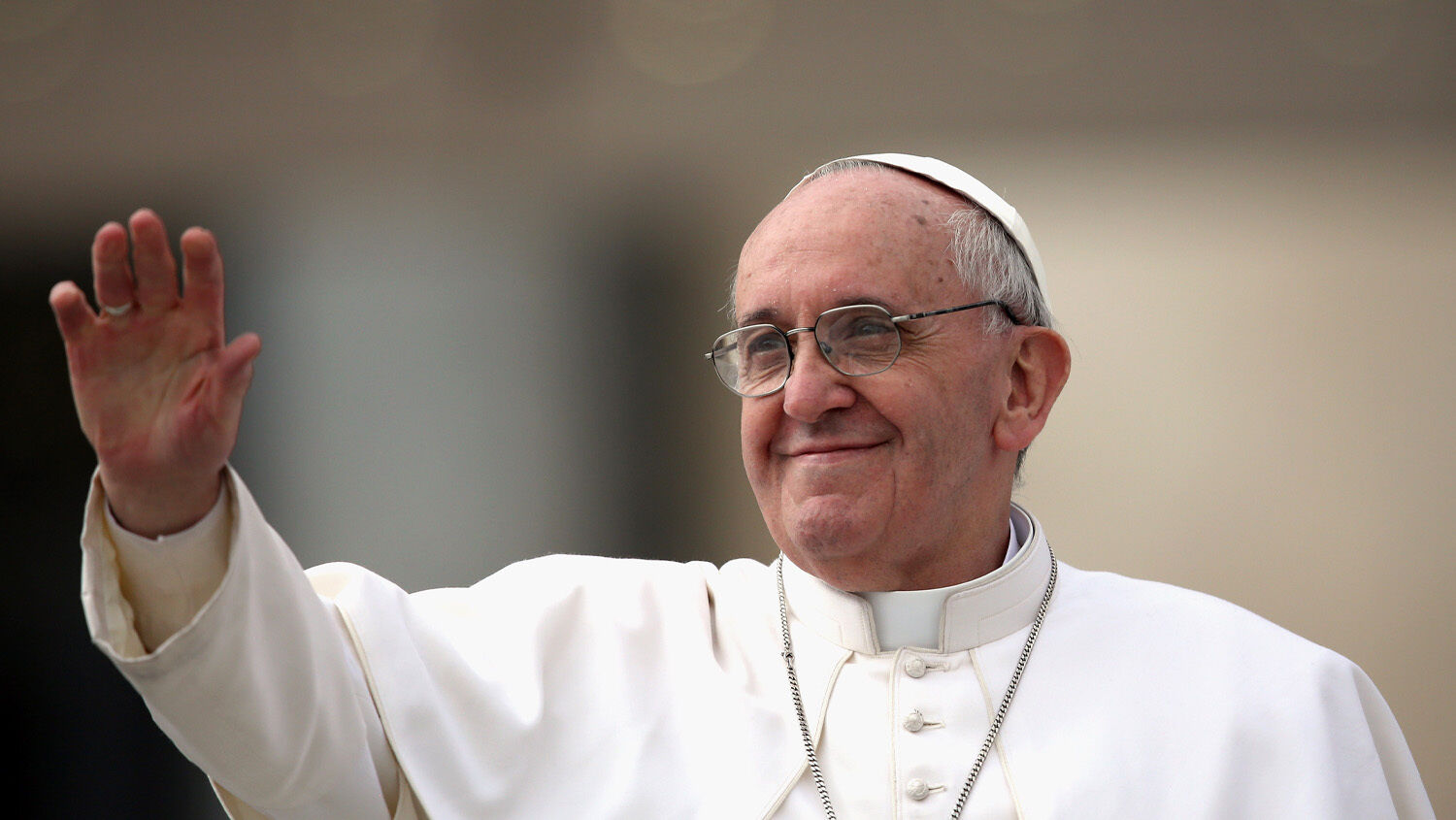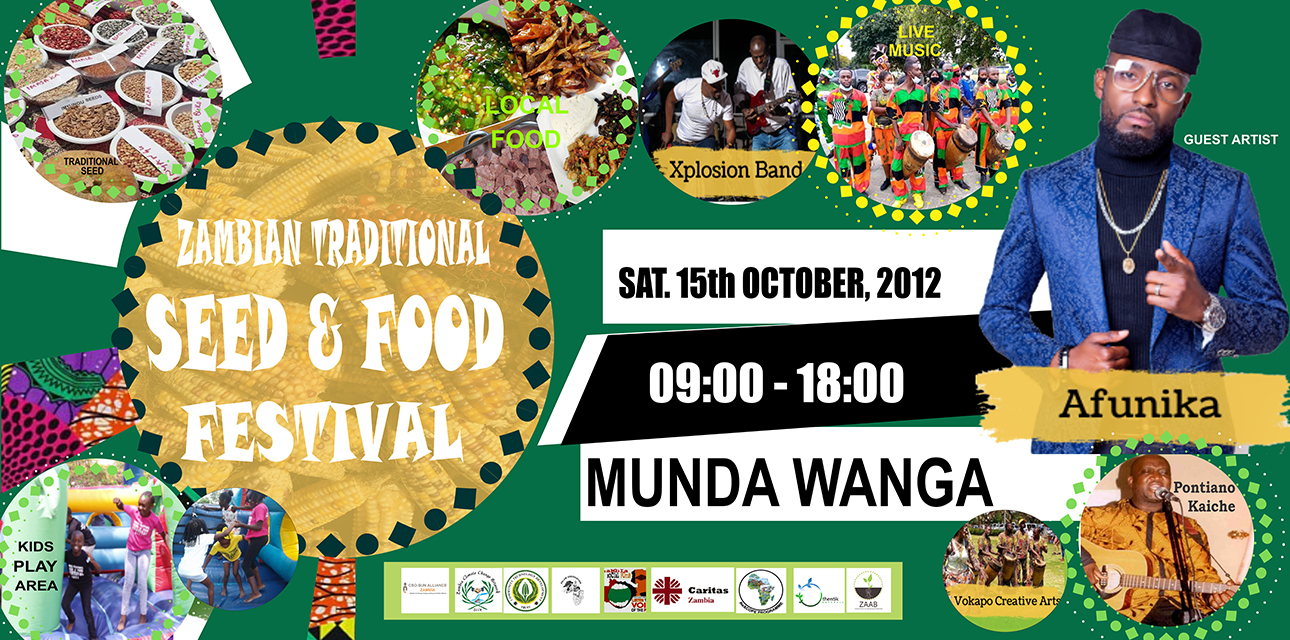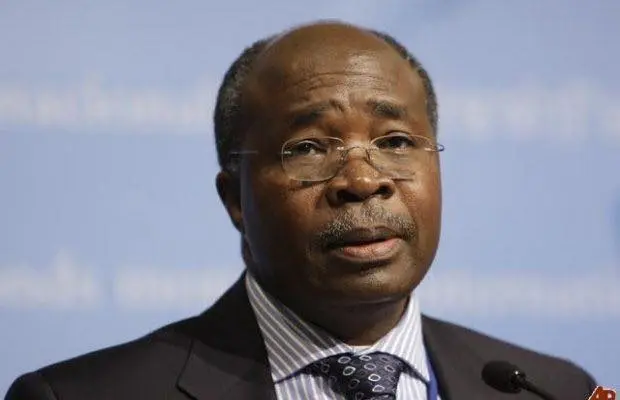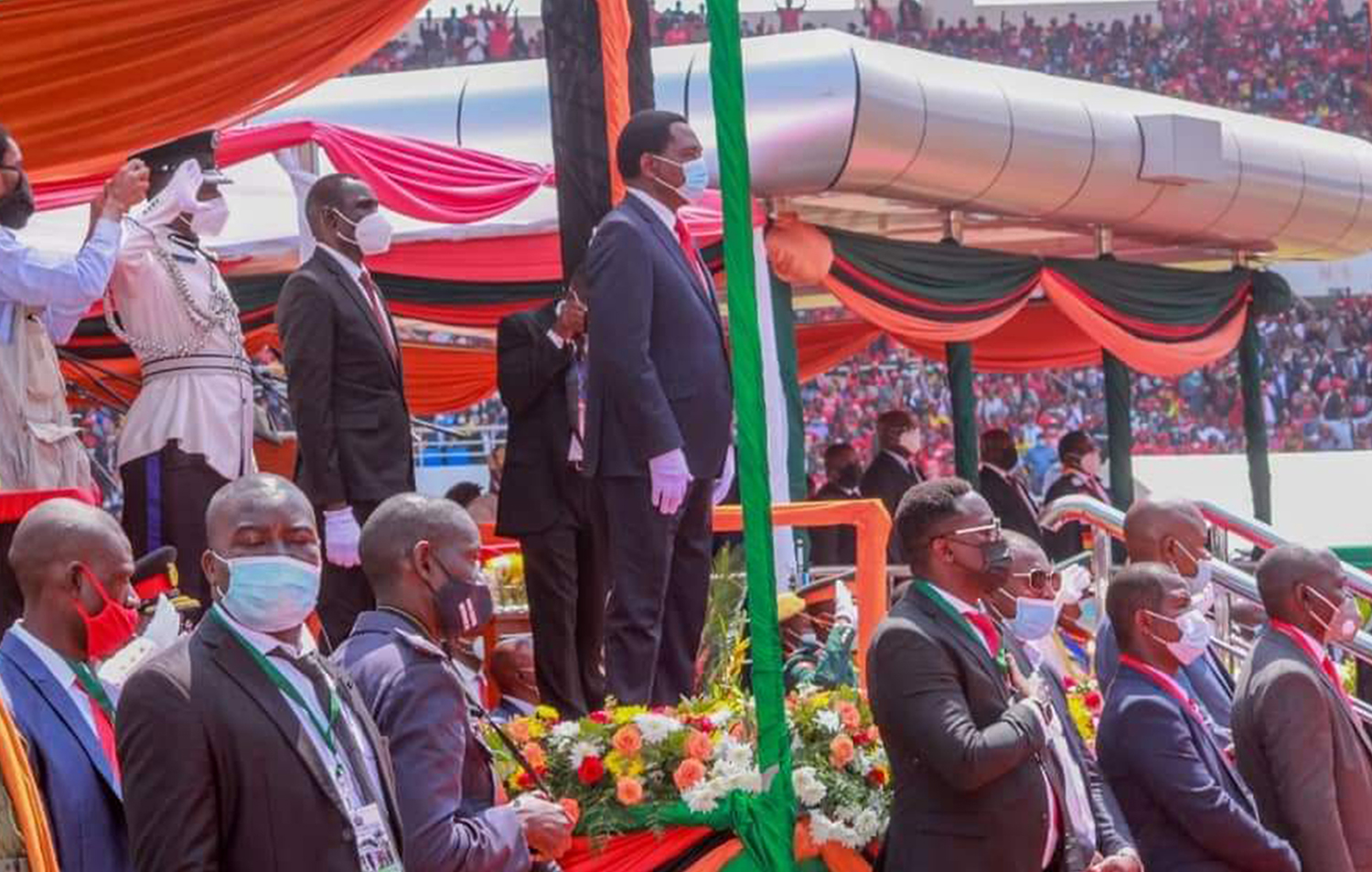Zambia is endowed with abundant natural resources beyond just mineral wealth such as arable land, forests, wildlife, and water resources. Yet the country remains one of the world’s poorest. Over 50% of its 19.6 million people live in poverty and about 40% in extreme poverty. A post COVID-19 poverty assessment by the World Bank suggests that poverty has worsened since the pandemic with more people than before falling into extreme poverty. The population is very young, with over 50% falling below the age of 35. Regardless, youth unemployment is high and stands at 46% compared to general unemployment estimated at 39%.
Download the entire Repositioning Zambia’s Mining Tax Regime for the Energy Transition - Policy Brief, March 2023 here: https://caritaszambia.org/phocadownload/policy_briefs/Policy-Brief-Repostioning-Zambias-Mining-Fiscal-Regime.pdf
Caritas calls on Government to divulge all the pertinent details regarding the ZCCM-IH deal.
Download the entire Caritas Zambia Statement on the Non-disclosure of ZCCM-IH Deal here: https://caritaszambia.org/phocadownload/general/Caritas-Zambia-Statement-on-the-Non-disclosure-of-ZCCM-IH-Deal.pdf
Maize grain and mealie-meal are the most important food commodities and indicators of food security in Zambia. Caritas Zambia has been keenly following the unfolding of the current discourse on the shortage of the staple food commodity mealie-meal in some parts of the country where citizens were reported to be queuing to buy the commodity.
Download the entire CARITAS Zambia Statement on Mealie-Meal Shortage here: https://caritaszambia.org/phocadownload/general/CARITAS-Zambia-Statement-on-Mealie-Meal-Shortage.PDF
2022 has been quite an eventful year for Caritas Zambia and its partners. 2021 was undoubtedly a challenging year, coming from the pandemic and recovering from its effects but also building on its lessons and opportunities has been significant for the milestones we have run this year.
Download the entire CARITAS Zambia Bulletin 2022 2nd Edition here https://caritaszambia.org/phocadownload/general/CARITAS-Zambia-Bulletin-2022-2nd-Edition.pdf
Caritas Zambia and Publish What You Pay (PWYP) submission on Mines and Mineral Development Amendment bill N.A.B No 31 of 2022 to the Joint Committee on National Economy, Trade and Labour Matters Committee
Download the entire Mines & Mineral Development Amendment Bill N.A.B NO 31 of 2022 - Caritas Zambia & PWYPZ Submission to Parliament here https://caritaszambia.org/phocadownload/general/CARITAS-Zambia-and-Publish-What-You-Pay-Zambia-Submission-to-Parliament.pdf
13 November 2022, Thirty-third Sunday in Ordinary Time
For your sakes Christ became poor (cf. 2 Cor 8:9)
Download the entire Message of His Holiness Pope Francis for The Sixth World Day of The Poor here https://caritaszambia.org/phocadownload/general/Message-of-His-Holiness-Pope-Francis-for-The-Sixth-World-Day-of-The-Poor.pdf
We are still far from a globalization of the most basic of human rights. That is why world politics needs to make the effective elimination of hunger one of its foremost and imperative goals. […] When financial speculation manipulates the price of food, treating it as just another commodity, millions of people suffer and die from hunger […]. Hunger is criminal; food is an inalienable right.” (FratelliTutti #189)
Purpose of the Brief: It highlights the confederation experiences and best practices on Localization as a response to enhancing resilience of the food systems and tackling food insecurity. The brief also includes policy recommendations for critical consideration at different levels.
Download the entire POLICY BRIEF: Localisation As A Response To Enhancing Resilience Of The Food SystemsPOLICY BRIEF: Localisation As A Response To Enhancing Resilience Of The Food Systems here https://caritaszambia.org/phocadownload/policy_briefs/Localisation-As-A-Response-To-Enhancing-Resilience-Of-The-Food-Systems.pdf



2023 BUDGET ADDRESS BY HONOURABLE DR. SITUMBEKO MUSOKOTWANE, MP, MINISTER OF FINANCE AND NATIONAL PLANNING DELIVERED TO THE NATIONAL ASSEMBLY ON FRIDAY, 30TH SEPTEMBER, 2022
Download the entire 2023 Budget Address By Hon Dr Situmbeko Musokotwane, To The National Assembly On 30th September 2022 here https://caritaszambia.org/phocadownload/general/2023-National-Budget.pdf
REVIEW OF ONE YEAR IN OFFICE FOR THE UPND GOVERNMENT - A LOT NEEDS TO BE DONE FOR THE ZAMBIAN PEOPLE
“Amen, I say to you, insofar as you did it for one of these least of my brothers (and Sisters), you did it for me.” (Mt 25: 40)
PRESS RELEASE: 28th August 2022
President Hakainde Hichilema and Vice President Mrs. Mutale Nalumango took over leadership of former president Edgar Lungu led patriotic front, at a time when the world was reeling from a global pandemic, and an economy under severe stress, in addition to a mounting debt crisis. These economic challenges combined have continued to cause both high levels of Poverty and inequality in the country. During campaigns, the new dawn Government assured the citizens of returning to its development trajectory and economic prosperity, Country with a development that considers the inclusion of all citizens, leaving no one behind. Furthermore, the UPND promised that it would invest in the people to cultivate a human resource base, putting ample resources to preserve the welfare of the citizens without discrimination and provide health care, education, and investments in agriculture and mining.
This statement on the UPND's first anniversary is informed by the Churches' prophetic role that inspires it to speak out on behalf of the poor and marginalized in society. Guided by values of the dignity of every person, solidarity, the common good and subsidiarity, we make this analysis, in order to contribute to the search for solutions to the current crisis, hoping that Government will address the areas of concern that need attention.
Download the entire UPND's One Year in Government - CARITAS Zambia Review here https://caritaszambia.org/phocadownload/general/Caritas-Zambia-Review-One-Year-UPND-Government.pdf
- Declaration of the SADC PEOPLE’S SUMMIT - Kinshasa, 17 August, 2022
- Action for the Rights of Girls Project (ARGP) Brief Overview
- Caritas International Position Paper on 9th World Water Forum, 2022: “Water Security for Peace and Development”
- 9th World Water Forum, Dakar 2022. Water Security for Peace and Development. Beyond Commitments, What Should Be Done?
- GOVERNMENT OF THE REPUBLIC OF ZAMBIA STATEMENT ON THE 2022 WORLD NGO DAY CELEBRATIONS
- CARITAS ZAMBIA wins award for best seed exhibition - Caritas Africa Info Quarterly Newsletter
- CCMG Calls for Peaceful Campaigns, Professional Conduct of Law Enforcement Agents and Strict Adherence to the Electoral Code of Conduct Ahead of the Kabwata Parliamentary Polls
- Caritas Zambia Press statement on the commemoration of the International day for the elimination of violence against women
- Caritas Zambia Press Statement on Cop26
- Pre budget Speech - Statement for 2022 National Budget
About Caritas Zambia
Caritas Zambia is a Catholic Organisation that is an integral structure of the Zambia Conference of Catholic Bishops (ZCCB). The Conference of Bishops is a permanent grouping of Bishops of a given nation or territory that jointly exercises certain pastoral functions on behalf of the Christian faithful of their territory. This is done for the sake of effective evangelisation. To promote the principle of the common good which the Church offers humankind, especially through forms and programmes of the apostolate which are fittingly adapted to the circumstances of the time and place, is the role of Bishops.
Kapingila Hse, Kabulonga Rd, Plot BRT6, P.O.Box 31965, Lusaka 10101, Zambia.
Tel: +260-211-260980 | +260-211-261789



